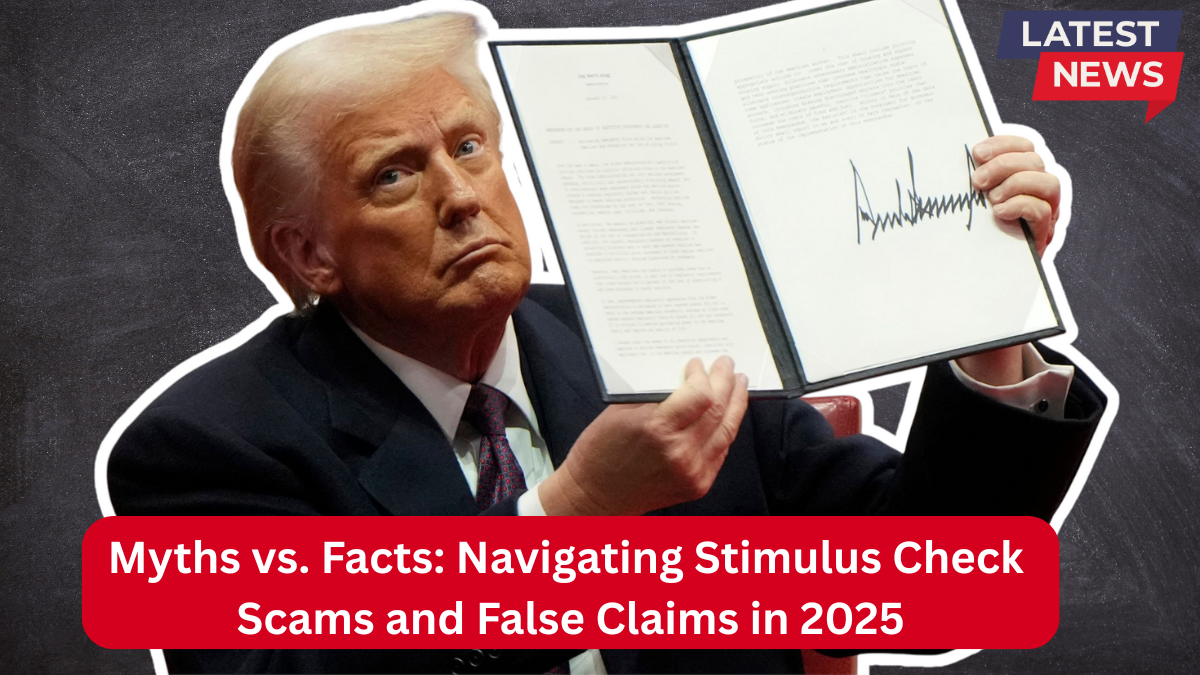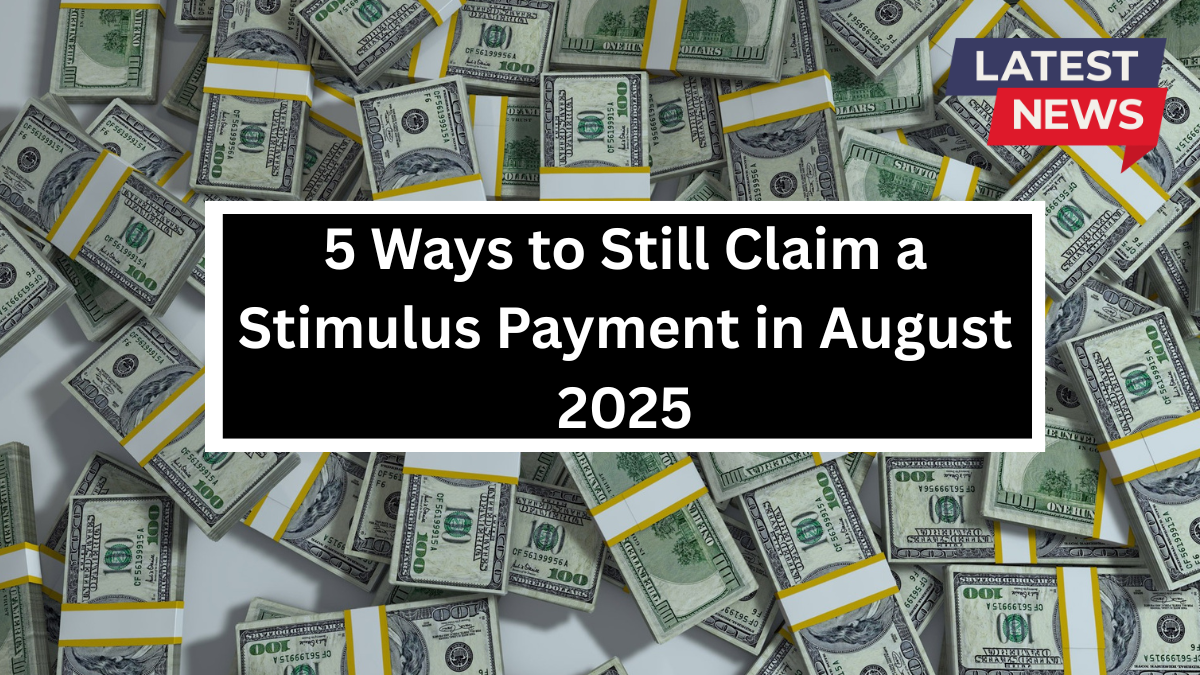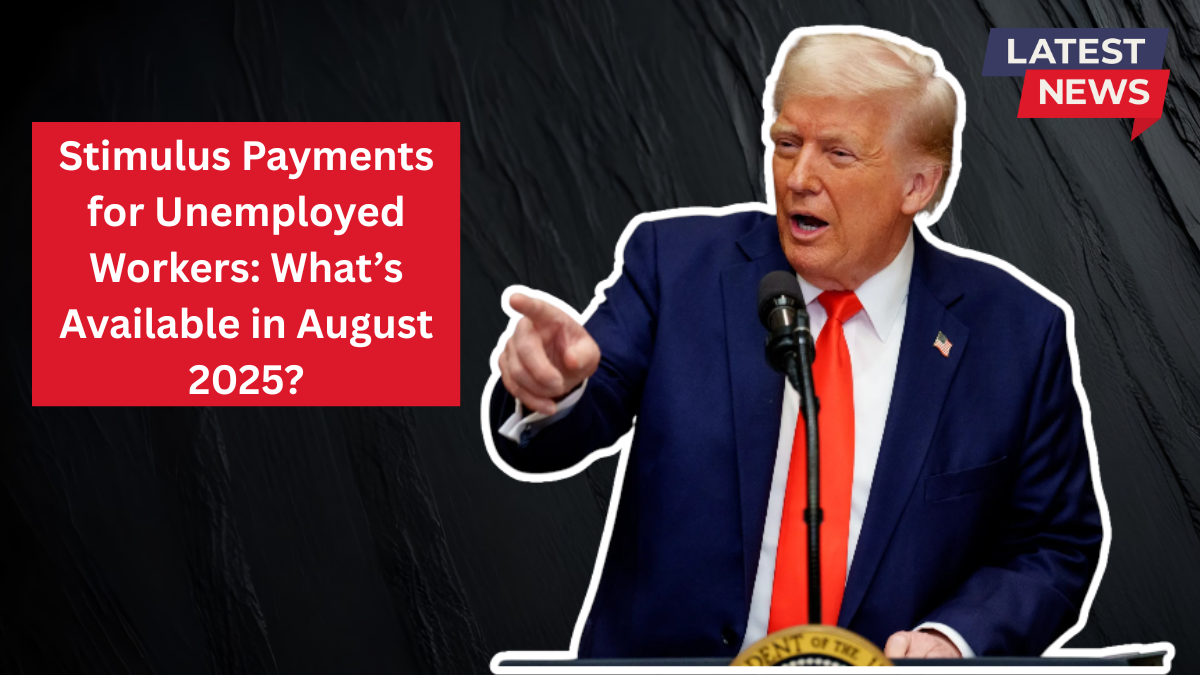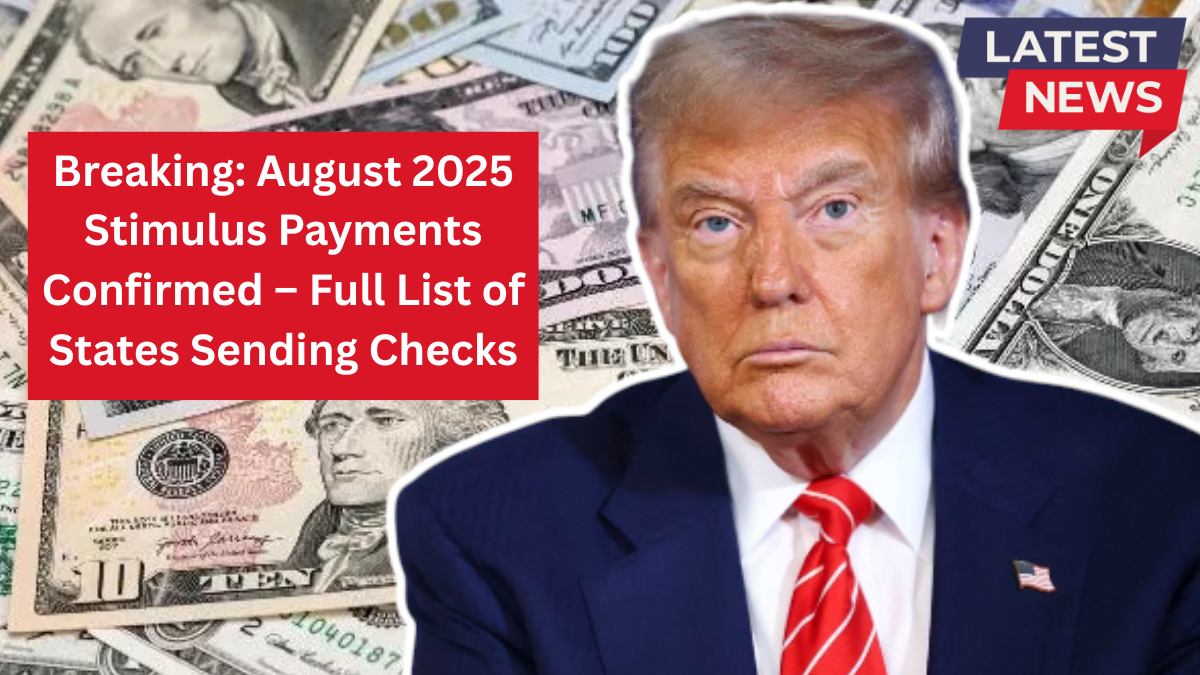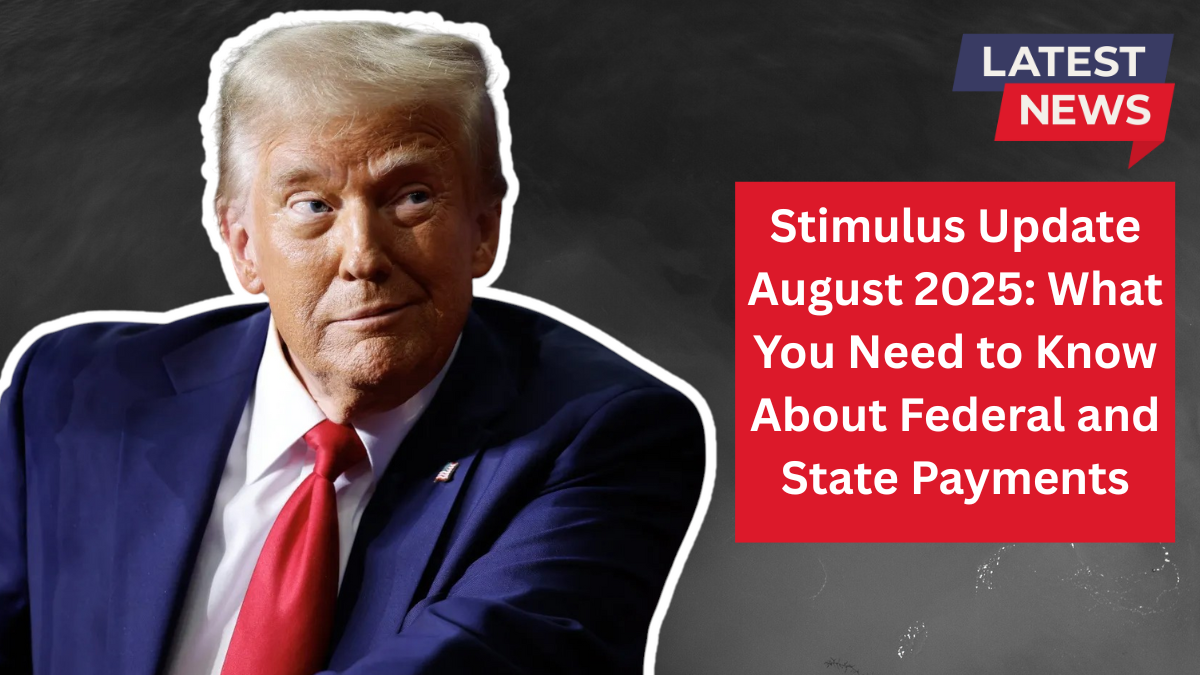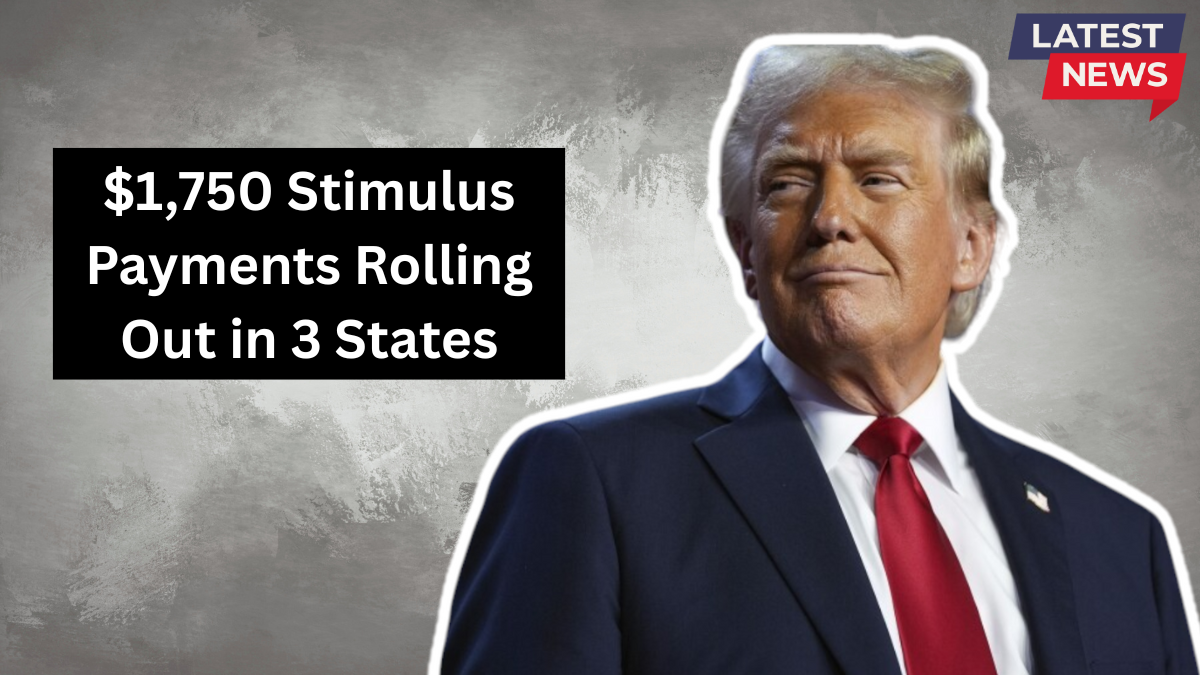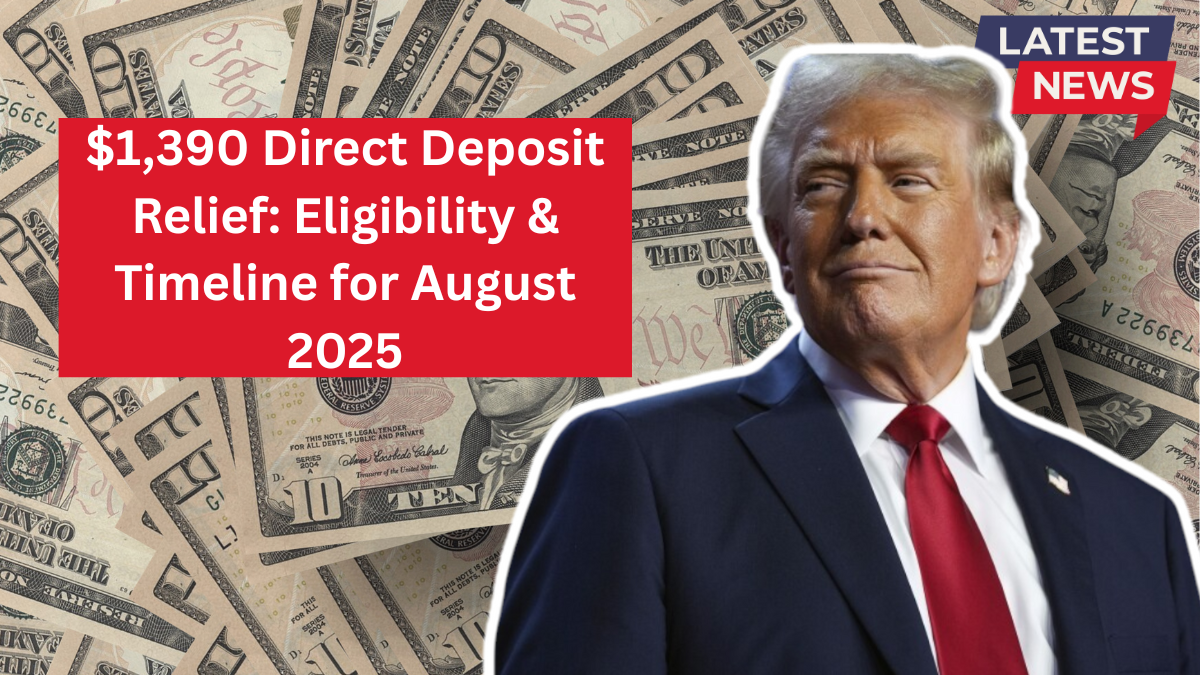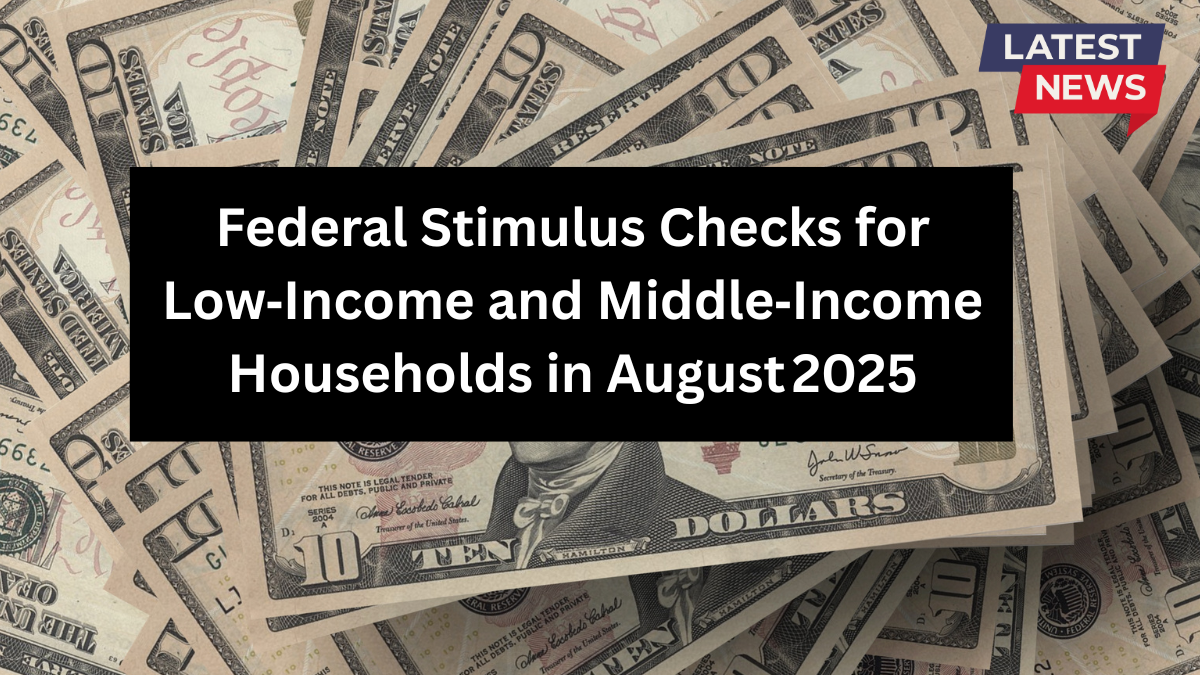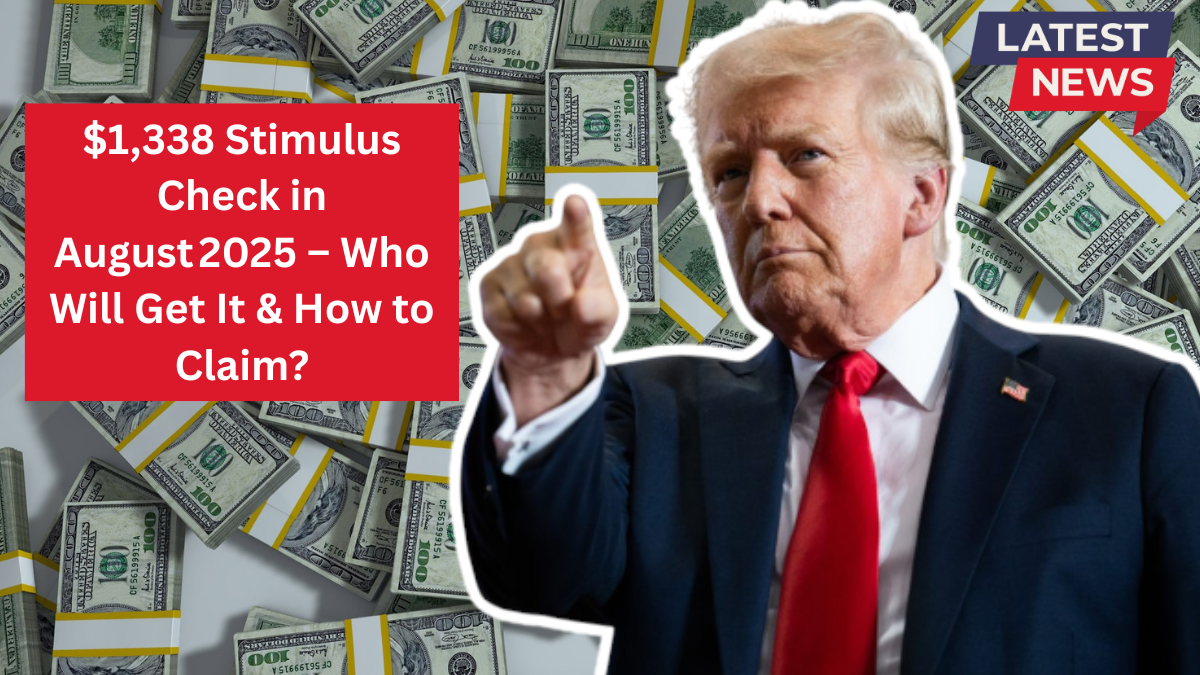Many people feel anxious in 2025—hoping for economic relief and stimulus payments. That hope is being exploited by scammers who prey on fear and uncertainty. It’s heartbreaking to see well‑meaning people fall for false promises, losing their money and trust. This article helps you sort fact from fiction, so you can protect yourself and your loved ones.
Common Myths and Scams You Must Know
Myth 1: “The IRS will text or email you about a $1,400 check.”
Fact: The IRS never communicates via text, email, or social media to deliver stimulus checks. Official notices come through the postal service with a .gov domain. Any text claiming payments with a link is a phishing scam.
Myth 2: “You must pay a fee or click a link to receive your stimulus.”
Fact: The actual stimulus or refund process is automatic, delivered via direct deposit or check if you qualified. The IRS does not ask for processing fees or private info through emails or pop-ups.
Myth 3: “Social media pages saying you qualify are real.”
Fact: Many social media posts promote fake “stimulus links.” These often claim deadlines or special access, pressuring you into sharing your SSN or bank info. These are scams set up to steal data or money.
Myth 4: “You must file for your 2021 Recovery Rebate Credit again.”
Fact: The IRS has been sending out billions in unclaimed payments automatically for 2021 stimulus credits. You do not have to do anything if you’ve filed your return correctly. If you never received it, scammers may attempt to exploit you.
How Scams Are Being Forced into Action
Impersonation Texts and Emails
Scammers send messages claiming to be from the IRS, urging you to click a link or provide personal details to receive a supposed $1,400 refund. These all lead to fake websites mimicking the IRS and stealing your data or installing malware.
Deepfake Calls and Ghost Preparers
Some scammers now use AI voice cloning, pretending to be tax agents. Others operate as “ghost tax preparers,” filing refunds without signatures and disappearing after stealing fees. These tricks target the vulnerable during tax season.
Refund Hoaxes and Social Media Alerts
Fake programs offering $1,000 or $5,000 stimulus checks circulate across Facebook and other platforms, often backed by AI-generated posts. None of these programs exist. Clicking such “apply now” links risks phishing or scams.
Protect Yourself: What You Can Do
Recognize the Warning Signs
- No unsolicited texts or emails ever come from the IRS.
- Official IRS websites always end in .gov, never .com or .org.
- Scammers often create urgency: “Your check expires in 24 hours.” Don’t act quickly—think.
Immediately Report Suspicious Messages
- Report suspicious emails or calls to the IRS or BBB.
- Forward phishing texts or emails to 7726 (SPAM) or phishing@irs.gov
Check Actual Stimulus Status Through Official Sources
- Use only IRS.gov or trusted government websites for information.
- If you’re worried about identity theft, consider placing an identity protection PIN or credit freeze.
Don’t Share Personal Information
Never provide your Social Security Number, bank account, or login details to anyone contacting you unsolicited. The IRS will never ask.
It’s painful to think how scammers exploit people’s financial insecurity in 2025. They use fake texts, deepfake voices, and misleading social media posts to push the promise of stimulus payments. These hoaxes prey upon hope and urgency—turning emotional vulnerability into stolen identities and broken trust. But you can fight back. By knowing the myths and trusting only official sources, you shield yourself and your family from harm. Let clarity and caution be your armor.
FAQs
Q1: Will the IRS ever text me about a stimulus check?
No. The IRS only sends official updates by mail, never by text or email.
Q2: If I missed the 2021 payment, do I need to apply now?
No—you don’t need to do anything. Any eligible refund is being processed automatically.
Q3: What if I already clicked a scam link?
Contact your bank immediately, check statements, and report the incident to the IRS or FTC.
Q4: How can I avoid tax-related scams?
Use only trusted tax preparers, don’t rely on social media for tax advice, and only submit returns with signed documents.
Q5: Are there real stimulus payments still in 2025?
Yes—automatic payments for unclaimed past credits—but no new government stimulus checks are being issued beyond that.
